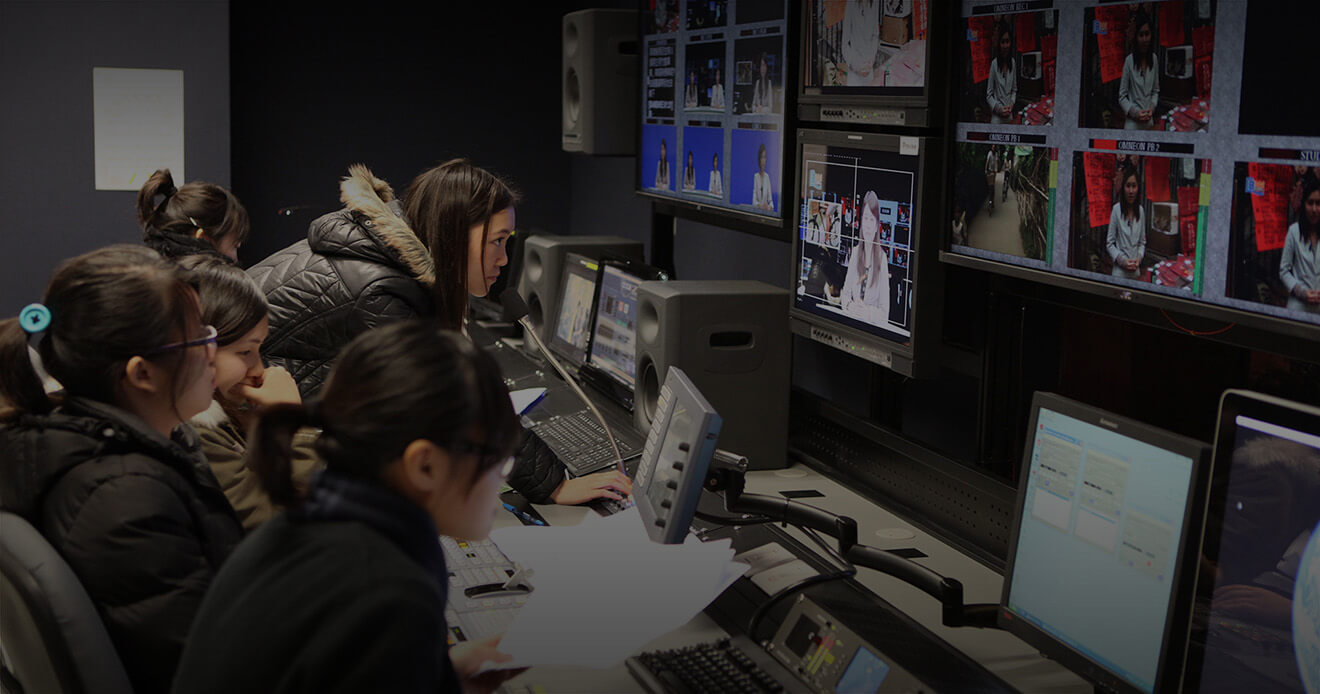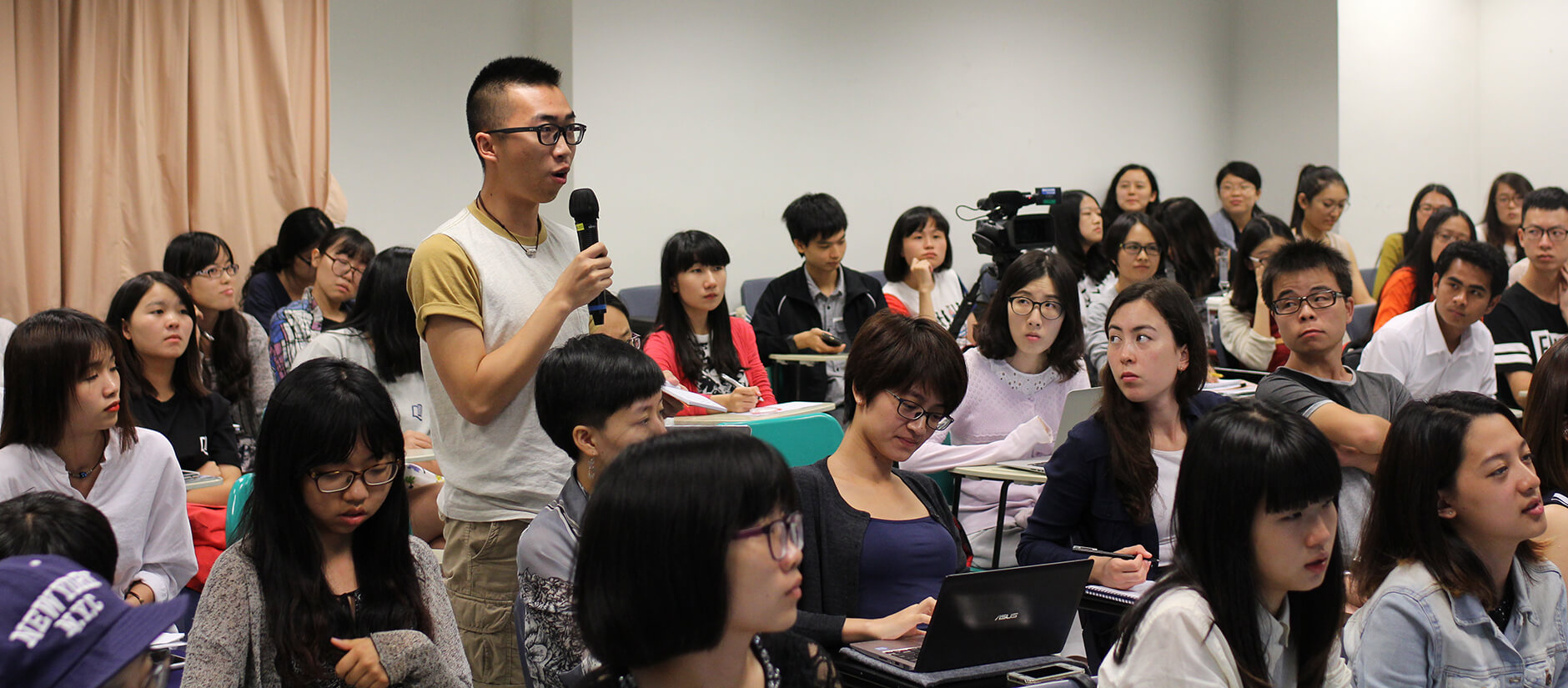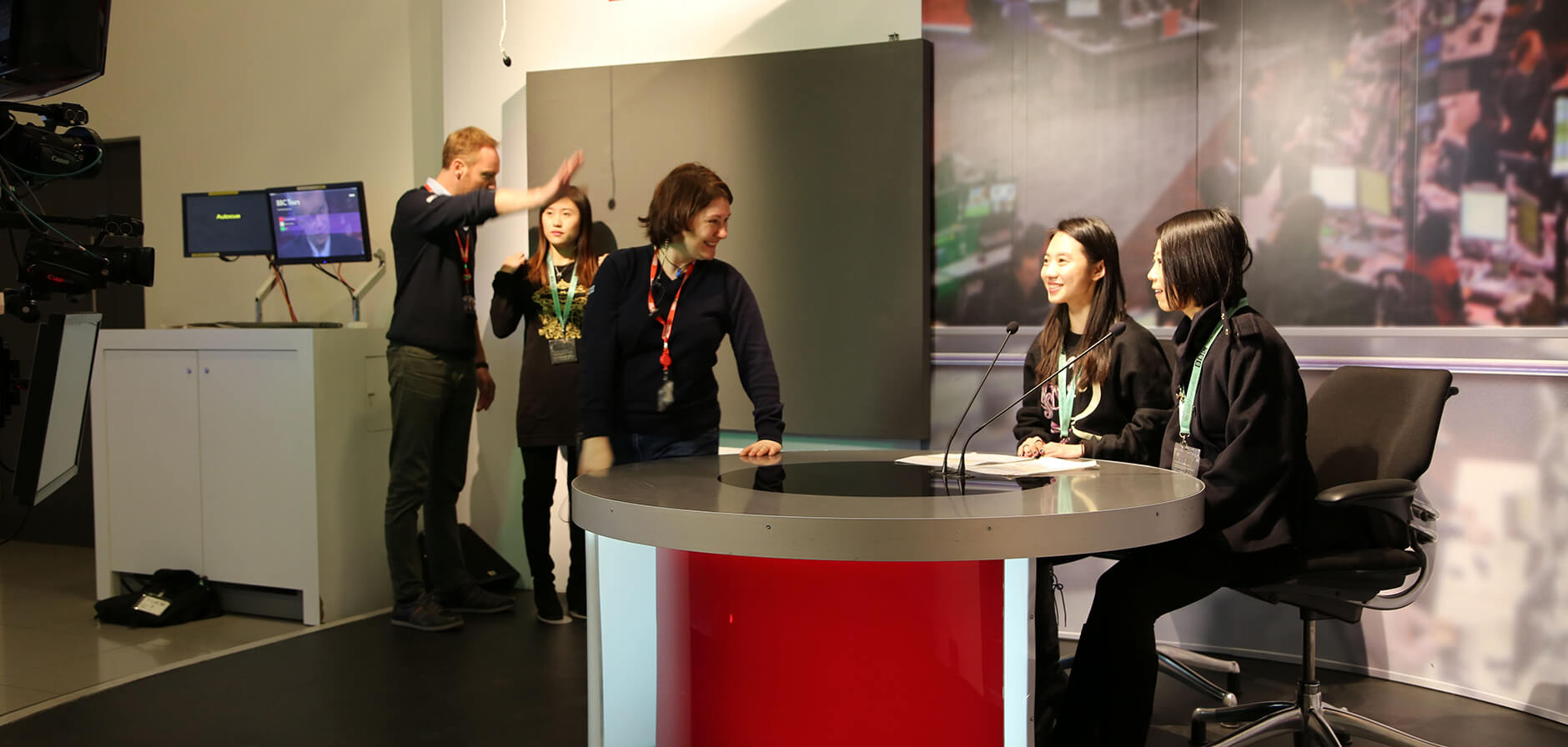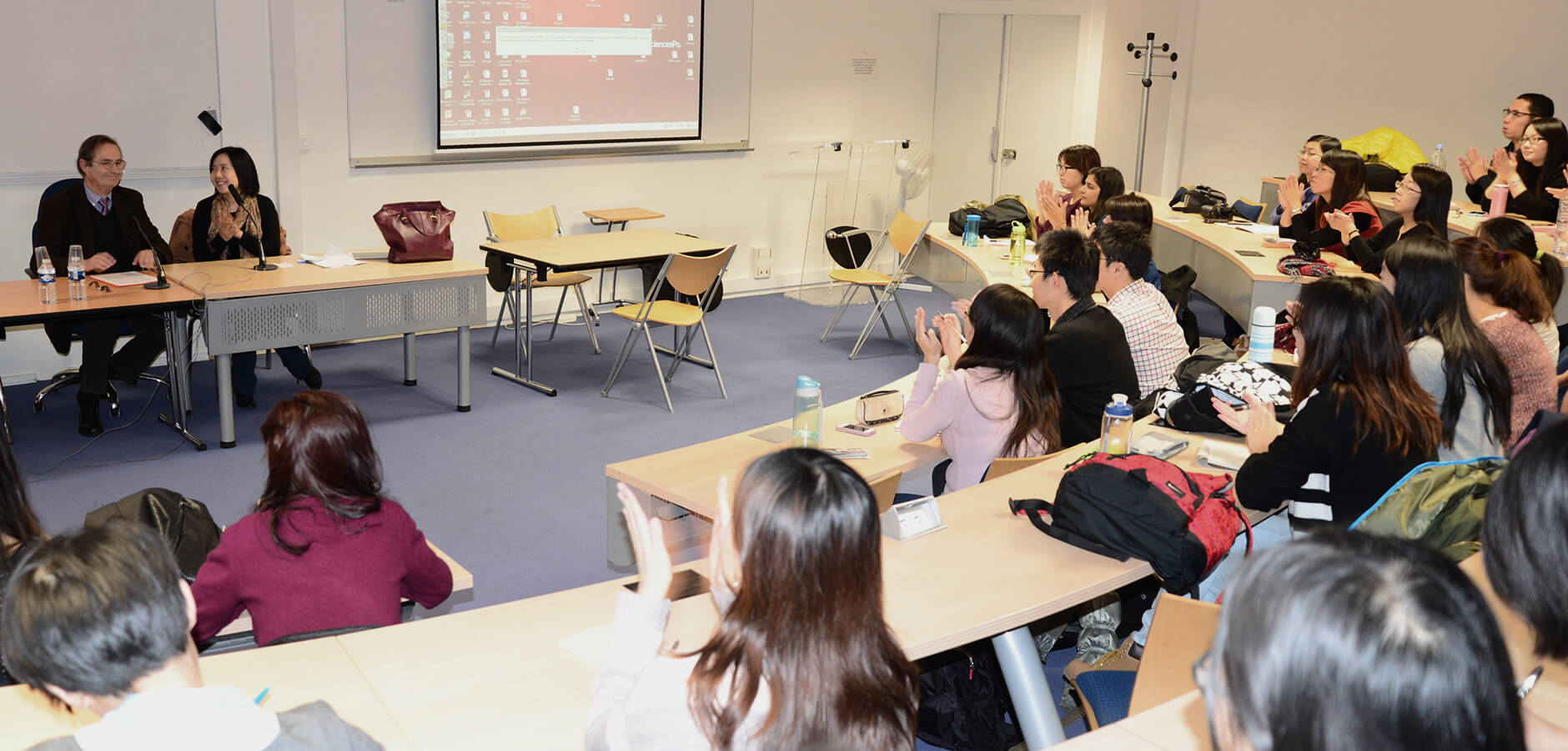
POSTGRADUATE PROGRAMMES

Hong Kong Baptist University has taught International Journalism for more than a decade as a branch of its Journalism degree, which started in 1968 as the founding programme of what is now the School of Communication. The MA in International Journalism Studies Programme was founded in 2007 and aims to provide professional postgraduate studies in international journalism with a particular emphasis on Hong Kong, Mainland China and East/Southeast Asia. The programme has two concentrations: International Journalism and Business and Financial Journalism.
The BUSINESS AND FINANCIAL JOURNALISM concentration aims to accommodate students with or without previous experience working in or studying business and economics. Students not only learn how companies and markets function, but are also taught the skills of writing and reporting business and financial news for daily newspapers, business journals and financial websites.
The INTERNATIONAL JOURNALISM concentration aims to cultivate journalism professionals with an in-depth understanding of international politics, economy and culture and equip them with the necessary skills to operate in English in covering international news.

BUSINESS AND FINANCIAL JOURNALISM CONCENTRATION
INTERNATIONAL JOURNALISM CONCENTRATION
All students are required to complete a total of 27 units for the award of an MA degree. Each unit-bearing Course counts as 3 units. A 3-unit Course involves 45 hours of teaching. The 27 units consist of 15 units of unit-bearing Core Courses and 12 Elective units.

The Programme will be of interest to the following students: Bachelor’s degree holders who are employed in media organizations or in the communication functions of the public or private sector, or who aspire to such positions, and who see the in-depth understanding of media industries and management as contributory to executive leadership in their career and in the society.
Applicants Should
We adopt a rolling admission policy and open a window for application from mid-November to end- June. It may be to your advantage to apply as early as possible, as the window may close earlier when all spots are filled.
* If the English score submitted did not meet the minimum English requirement (i.e. TOEFL 79 or IELTS 6.5), the application will not be processed/reviewed until an updated English result which meets the minimum requirement is submitted.
If short-listed, applicants may be interviewed by the School of Communication
Tuition Fee
HK$180,000 (per year for one-year full time student)
HK$90,000 (per year for two-year part time student) (local Hong Kong students only)
1. Do you offer scholarships?
Merit-based scholarships will be awarded to students with outstanding academic performance in the first semester.
2. Can I live on campus?
The student halls are not available to post-graduate students, but there is a private on-campus dorm called the NTT International House that some students like to stay in. Most students find private housing off campus.
3. What is Hong Kong like?
Hong Kong is a dynamic, international 24-hour city that is full of people, cultural events and food from all over the world. Cantonese is the main language but English is also widely used. Hong Kong is one of the safest cities in the world, is an excellent travel hub for exploring the rest of Asia and has a large variety of outdoor activities and tourist attractions. People love living in the city for its vibrancy and endless list of things to do.
4. Is a dissertation required?
No. We recommend disserations only for students interested in pursuing further studies.
5. Do I need to speak Chinese to enroll in your programme?
Not at all! The programme is taught 100 per cent in English. And if you want to learn Cantonese or Putonghua, there are many opportunities to study.
6. Can I work in Hong Kong on a student visa?
Students can work on campus up to 20 hours per week and are allowed to have short-term internships while studying. Students may also work in the summer and the Hong Kong government allows students to spend one year working in Hong Kong after graduation without a work visa. See government regulations here.
7. Does tuition include health insurance?
Yes. We have committed a substantial subsidy for all students of the progamme to enjoy the same privileges and services as those of UGC-funded programmes at the University Health Clinic.
MA in International Journalism Studies programme offers a full-tuition scholarship for eligible international applicants who hold passports from outside of Hong Kong and mainland China to enhance the diversity of the program.
Diversity Promotion Scholarship Full-time or part-time international TPG students who can enhance the diversity of the programme. Applicants are assessed on a broad range of criteria, including international exposure, cultural experiences, overseas education, work experience, special achievements, and unique talents.